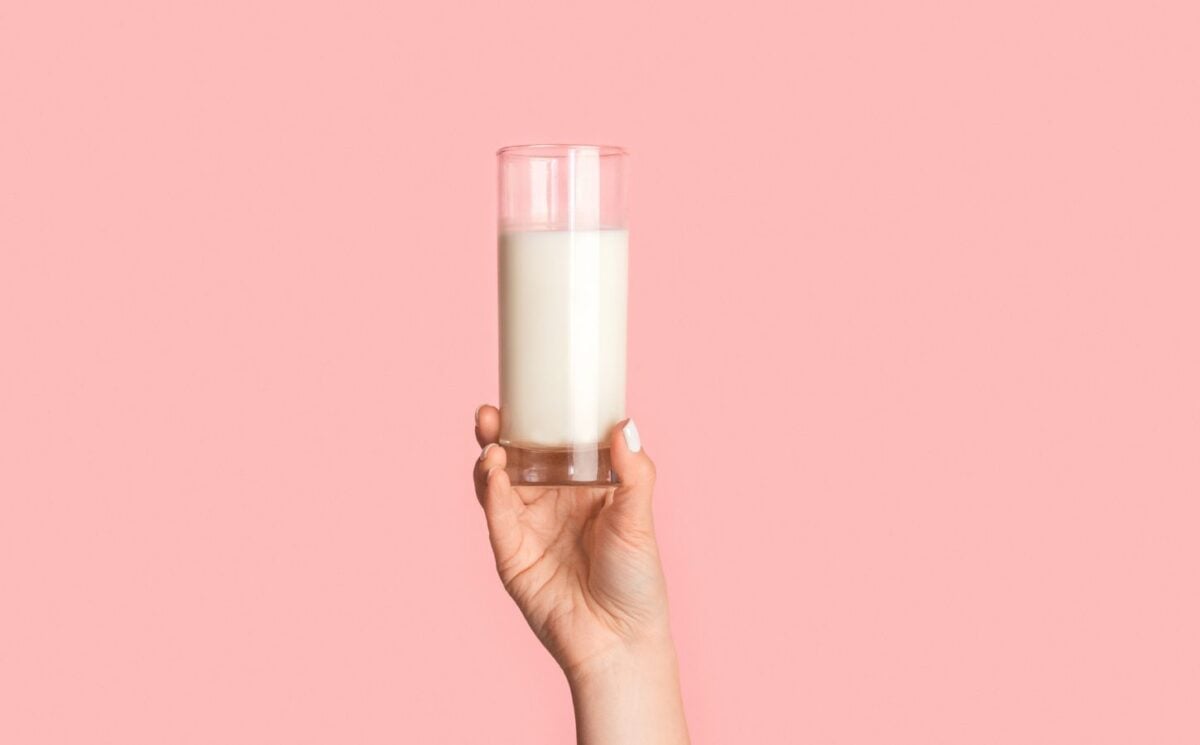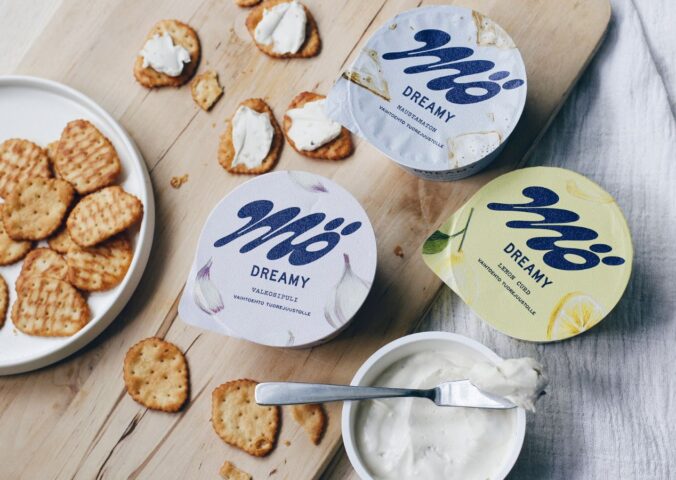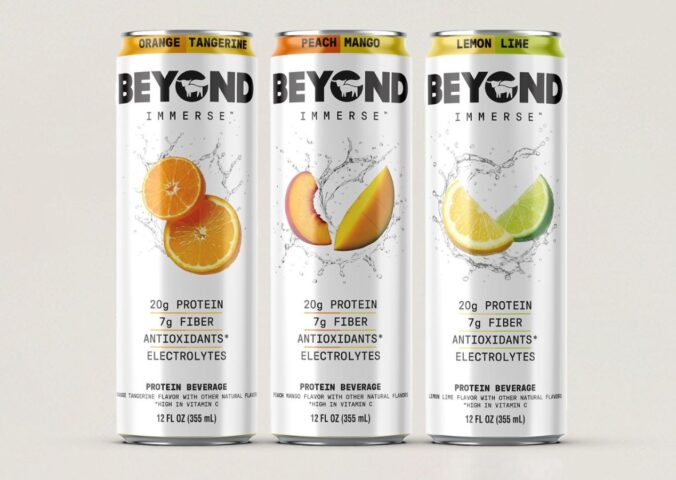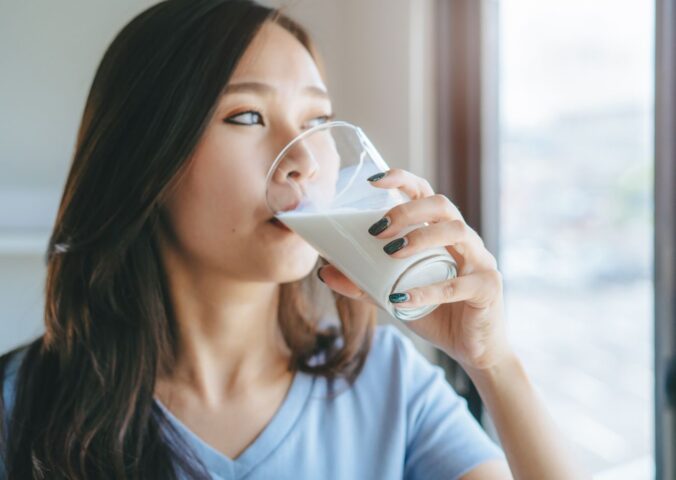Indonesia is tackling its cow shortage with a powdered milk substitute known as “fish milk.”
Read more: What Is Aquaculture? Inside The Hidden World Of Fish Farming
The island nation will begin distributing free school meals to children across the country from January 2025, but national demand for milk is already exceeding production. Indonesia’s government predicts that demand for milk could reach 8.5 million tons by 2029.
Indonesian nonprofit The Berikan Protein Initiative is turning fish into a high-protein powdered milk alternative with a chemical process known as hydrolysis. The NGO first set up a factory in 2021 and successfully launched its fish-based milk product last year.
Fishes* are deboned and dried, then combined with either strawberry or chocolate flavoring and sugar. This powder can be added to water for a drink that The Berikan Protein Initiative says “tastes like normal milk,” as reported by The Wall Street Journal.
Read more: A High Seafood Diet May Expose You To Large Amounts Of ‘Forever Chemicals’
‘The emphasis should be on proven strategies’
The Berikan Protein Initiative predicts that fish milk could become a USD $4.5 billion industry, but not everyone in Indonesia is convinced by the project.
In an op-ed, the Jakarta Post editorial board described the move as “creative” but “more of a political distraction than a meaningful nutritional intervention.” Specifically, they questioned whether a fish-based milk alternative supports the country’s broader nutrition goals.
“The emphasis should be on proven strategies, like fortifying staple foods and ensuring that school meals contain a variety of fruits, vegetables, and whole grains,” writes the team.
The problem with fish milk
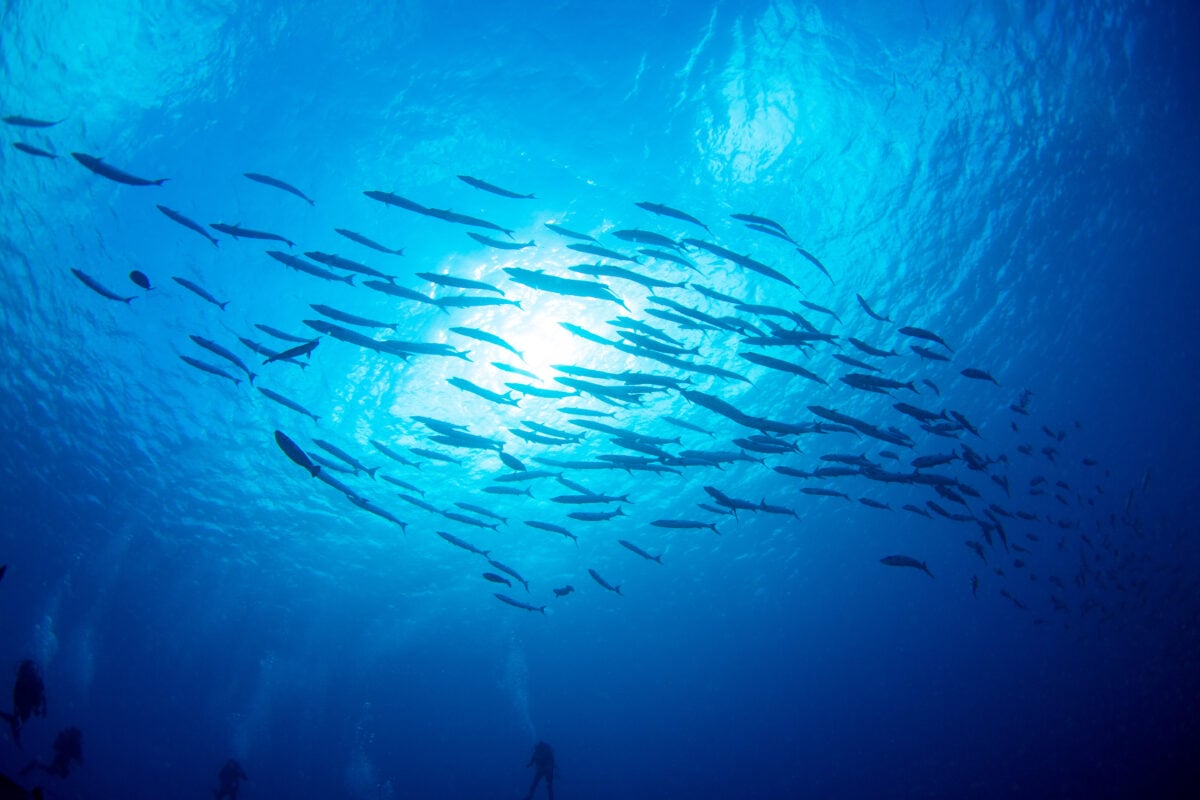
Turning fishes into milk requires extensive processing as well as sugar and flavorings to disguise the base protein. Catching or farming fishes has a significant environmental impact, and even Indonesia’s key populations are more depleted than previously thought.
There is also a growing body of evidence for fish sentience, including a 2022 scientific review that found fishes are already “widely accepted as being capable of a range of sentient traits,” even though they continue to be killed in their trillions for human and animal food.
In contrast to fish-based milk, plant-based alternatives are increasingly mainstream, better for the environment, typically more nutritious, and bypass the need for animals entirely.
*While the English language usually refers to multiple fishes as “fish”, we use “fishes” to emphasize that they are individuals.
Read more: Plant-Based Meat And Milk Offer Similar Or Better Nutrition Than Animal Products, Study Finds
